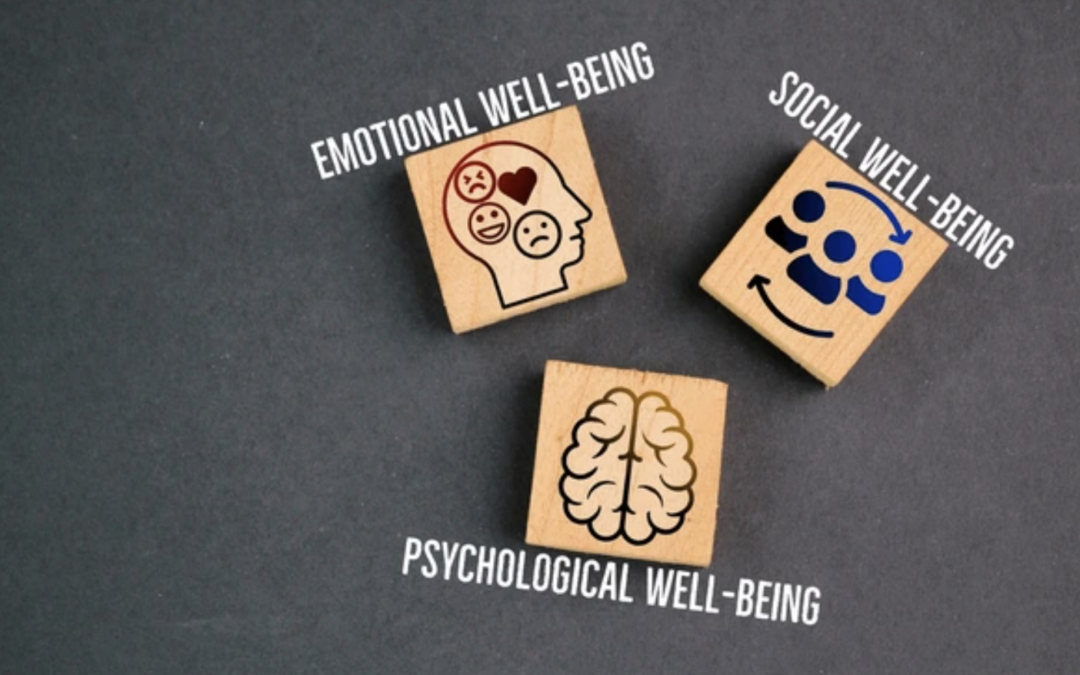Mental Health Considerations in Divorce: Ensuring Emotional Well-Being
Divorce is a significant life event that can have profound effects on mental health. Ensuring emotional well-being during this challenging time is crucial for maintaining overall health and making informed decisions. As we approach 2025, understanding the mental health considerations associated with divorce and taking proactive steps to support your emotional well-being can make a significant difference.
Impact of Divorce on Mental Health
Divorce can bring about a range of emotional responses, including:
- Grief and Loss: Divorce involves the end of a significant relationship, which can lead to feelings of grief and loss. The sense of losing a partner, shared dreams, and family structure can be overwhelming.
- Stress and Anxiety: The legal, financial, and logistical aspects of divorce can create substantial stress and anxiety. Uncertainty about the future, changes in living arrangements, and financial adjustments can contribute to heightened stress levels.
- Depression: The emotional toll of divorce may lead to symptoms of depression, including persistent sadness, hopelessness, and loss of interest in previously enjoyed activities. It’s important to recognize these symptoms and seek professional help if needed.
- Identity and Self-Esteem: Divorce can impact self-esteem and personal identity. Individuals may struggle with feelings of inadequacy or question their self-worth, especially if the divorce was initiated by the partner or involved issues of infidelity.
Strategies for Supporting Mental Health
- Seek Professional Support: Engaging with a therapist or counselor can provide valuable support during divorce. Mental health professionals can help individuals process their emotions, develop coping strategies, and address any mental health concerns.
- Build a Support Network: Surround yourself with supportive friends and family members who can offer emotional support and practical assistance. Connecting with others who have experienced divorce can also provide validation and understanding.
- Practice Self-Care: Prioritize self-care activities that promote physical and emotional well-being. This may include regular exercise, healthy eating, sufficient sleep, and engaging in activities that bring joy and relaxation.
- Establish Boundaries: Set clear boundaries with your ex-partner and avoid unnecessary conflict. Establishing boundaries can help reduce stress and create a more manageable environment during the divorce process.
- Focus on the Future: While it’s important to process the past, focusing on future goals and opportunities can provide a sense of hope and direction. Set small, achievable goals to build confidence and create a positive outlook.
- Mindfulness and Stress Reduction: Practices such as mindfulness, meditation, and deep breathing can help manage stress and promote emotional resilience. These techniques can provide a sense of calm and balance during challenging times.
Looking Ahead
As we move into 2025, prioritizing mental health during divorce will continue to be essential. Staying informed about mental health resources and strategies can support emotional well-being and help individuals navigate the divorce process more effectively



